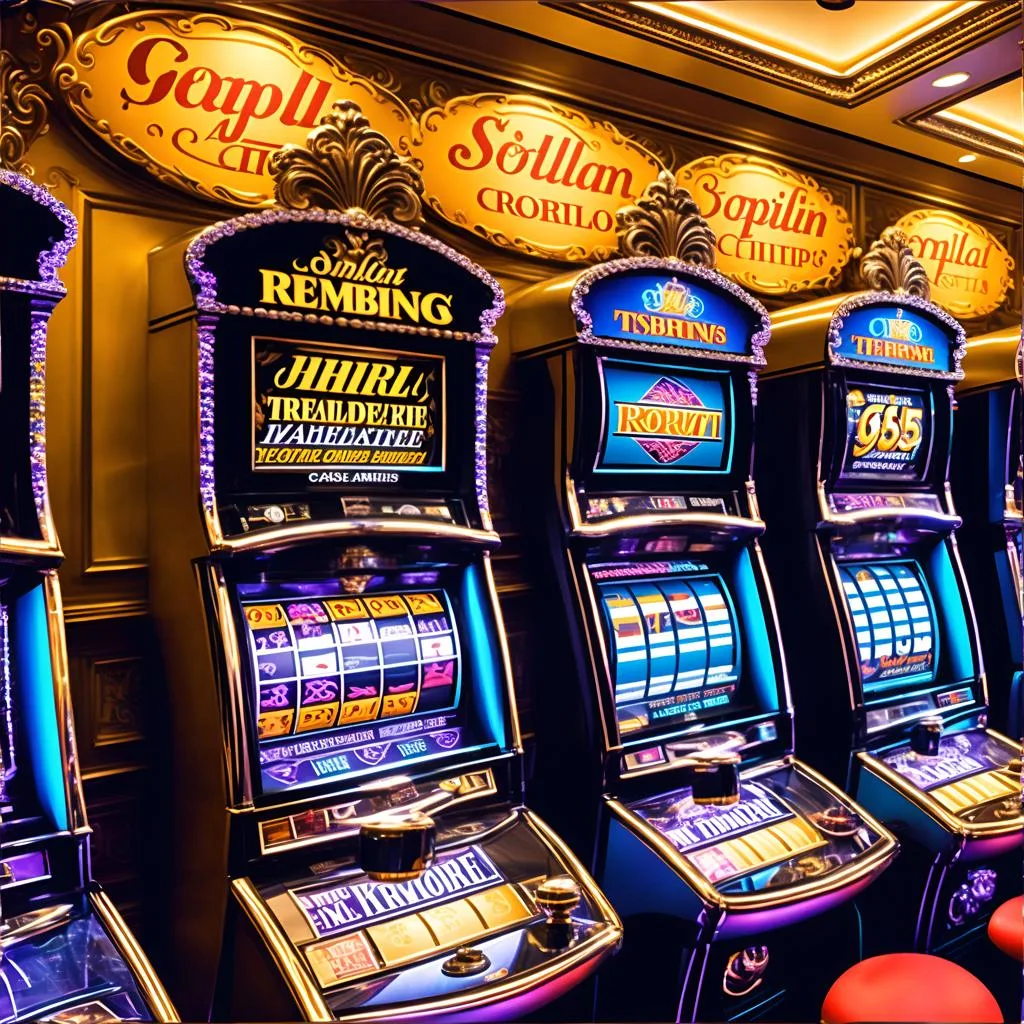
Slot machines are a popular form of entertainment at casinos, and many people often wonder if they are rigged. The answer to this question is both yes and no. In this article, we will explore the factors that contribute to the house advantage, the psychology of gambling, and the role of regulation in ensuring fair play for all.
Understanding the House Advantage
All slot machines have a house advantage, which is defined as return to player (RTP). This number shows how much of each dollar wagered is returned to the player on average. Casinos are required to adhere to the minimum RTP or payback amount set by licensing agencies. Failure to comply with these regulations can result in hefty fines or even the loss of their license.
The house advantage ensures that casinos make a profit in the long run. However, it is essential for casinos to strike a balance between making money and providing an enjoyable experience for their patrons. This is where the psychology of gambling comes into play.
The Psychology of Gambling
Players expect a certain amount of time on a machine and entertainment for their gambling dollar. A casino that doesn’t let its players win sometimes is a casino that won’t be open for long. Additionally, free market competition keeps operators in line. If a player feels they’re not getting the best value for their slot machine budget, they will move to a venue that provides a better RTP.
This competitive environment ensures that casinos cannot set their slot machines too tight, as doing so would drive away customers and negatively impact their bottom line.
Dispelling the Myth of Machine Placement
The belief that slot machines in certain areas are set at a much different payback than in others is a myth. While casino managers from 50 years ago placed slot machines at various payout levels in different locations based on their own beliefs of what would lead to higher volume and higher hold percentage play, this is no longer the case.
Most machines are ordered in large quantities and, while they may offer various pay tables, most will simply be set by the casino at the same payout as all the rest. This uniformity in payouts eliminates the need for strategic machine placement based on house advantage.
Role of Regulation in Machine Placement
Regulation also plays a significant role in machine placement. In some jurisdictions, penny games were already set at state minimum, in this case, 86% return to player. They couldn’t very well alter machine location based on payback when almost all of them were within a percent or two of the rest.
Additionally, most casinos keep the difference in payouts between their highest denomination games and their lowest value denomination games in a reasonably tight spread. This further reduces the need for strategic machine placement based on house advantage.
Conclusion
In conclusion, while there may be some variation in machine placement based on volume of play, there is little need to place machines in locations based solely on the house advantage. For the average gambler, the odds of there being enough of a percent difference in machines at different locations for them to even notice is a long shot bet.
It’s probably best for players to focus on enjoying their time at the casino and not worry about the specific location of slot machines. After all, the primary purpose of gambling is to have fun and be entertained. So, the next time you visit a casino, remember that slot machines are not rigged to cheat you out of your money, and you can have a great time playing your favorite games without worrying about the odds being stacked against you.




